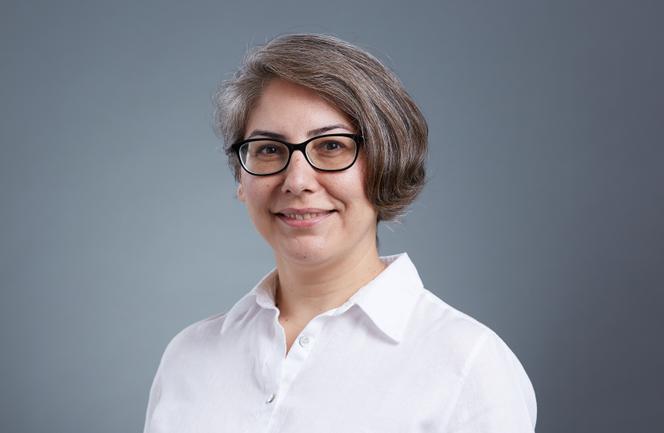

Sebnem Gumuscu is a professor of political science at Middlebury College (US). An expert in political Islam, she is the author of several books, including Democracy or Authoritarianism. Islamist Governments in Turkey, Egypt and Tunisia (Cambridge University Press, March 2023 for the new edition).

Because the Islamization of Turkey has become obvious, stealthy and gradual all at the same time. Let me remind you that Islamization was not on the agenda of the AKP [President Recep Tayyip Erdogan's Justice and Development Party] when it first won the general election in 2002. Yet, over the last 10 years or so, the authorities have made no secret of their Islamic orientation.
The reason why this long process has been so insidious is that, legally speaking, there is nothing to suggest that Turkey has become an Islamic country. Constitutionally, the republic remains secular, as does the way Erdogan and his party run its affairs. Even recently, the president repeated that he and his government had never interfered in people's private lives – which is true. But this façade of secularism has become an empty shell.
In the 1990s, many people were concerned about Turkey's Islamist movements, drawing parallels with the Iranian revolution [of 1979] and its abrupt transition to an Islamic republic. Many thought that the AKP's arrival in power would mark an explicit Islamization of the country. This was a mistake. It didn't happen, but a lot has happened since then.
Erdogan is an Islamist, in the sense that he wishes to build a more Islamic society using the state's authority and resources. This president who controls and designs everything, who arrogates to himself so much power and authority, follows none of the secular principles, even though he claims to respect them. In fact, he has upset the balance of power, prioritizing Muslims in all aspects of political and social life, placing them at the center, at the expense of secular citizens.
It's difficult to give a precise date but I think 2011 was a key year for several reasons. It was the start of Erdogan's third term as prime minister [2011-2014], at a time when the old Kemalist establishment had already been neutralized to a large extent. The military had been neutralized since 2009 and the judiciary since 2010.
At the same time, the Diyanet – the public body responsible for religious affairs – was undergoing profound reform, aimed at expanding its activities and increasing its resources. Within the administration, managers had been changed as early as 2007 thanks to cooperation between the preacher Fethullah Gülen's movement and the AKP. New civil servants moved into the state bureaucracy and gradually colonized it.
You have 69.41% of this article left to read. The rest is for subscribers only.
